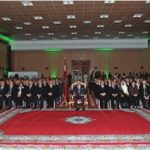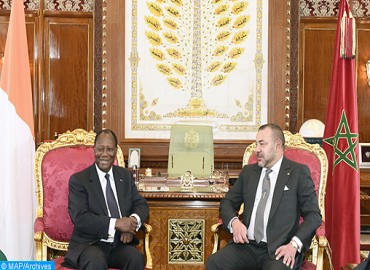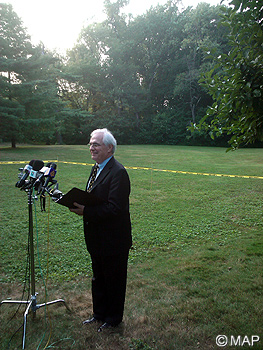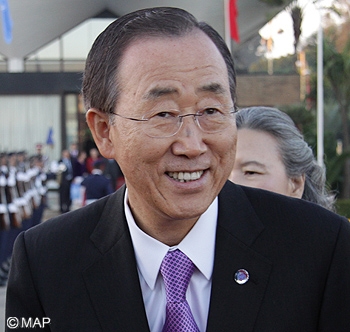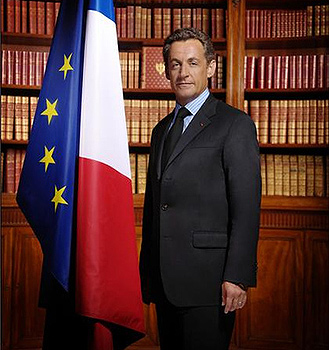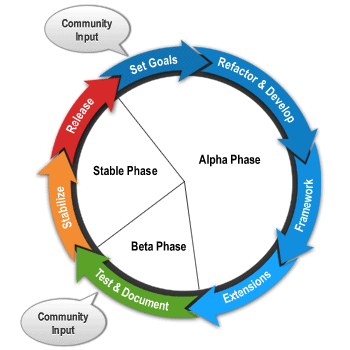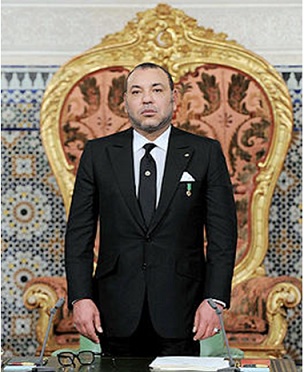The King’s Politics Lesson in Parliament
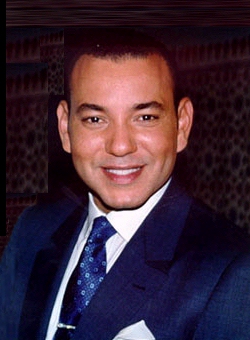 PERSISMA, Rabat – King Mohammed VI gave an unprecedented speech before members of both houses of Parliament on Friday in Rabat on the occasion of the opening of the first session of the third legislative year of the ninth legislature.
PERSISMA, Rabat – King Mohammed VI gave an unprecedented speech before members of both houses of Parliament on Friday in Rabat on the occasion of the opening of the first session of the third legislative year of the ninth legislature.
In his speech, the monarch addressed a strong message to all members of the Parliament. Explaining to them, in the most fluid, simple and concrete way, their responsibilities towards the citizens who elected them, the king described the duties of the members of the Parliament at both the national and local level.
At the national level, the monarch explained, the parliamentary mandate “involves the representation of the nation. It is a major national mission, and by no means a source of political gains. You must appreciate the magnitude of the lofty mission you are entrusted with. It requires dedication,
self-denial, true patriotism, and a deep sense of responsibility, in discharging your duties.” The king also clarified the role of the opposition within the Parliament of “controlling government action, providing constructive criticism, and putting forward realistic suggestions and alternatives, with a view to advancing the high interests of the nation.”
The monarch insisted on balanced cooperation between the Parliament and the Government stressing that the “parliament should not be turned into an arena for politicking and political wrangling.” King Mohammed VI talked also about parliamentary duties on the local level and focused on the community mandate, a very important mandate because it affects citizens in their daily lives.
The sovereign said, “Community councils are responsible for managing the basic public services that are needed by the citizen every day. As for the government, it has a duty to lay down public policies and sectorial plans, and to work toward their implementation. It is not up to the minister to provide water, electricity, or public transport. Nor is it his responsibility to cater for good quality roads, clean facilities within the community, the district or the city. These are rather the duties of those who hold elected office at the community-level within their constituencies. They are accountable before those who voted for them.” King Mohammed gave several examples of cities, such as Casablanca that are badly managed by their community councils, and urged them to work on the problems faced by the citizens of Morocco’s economic capital, which should be an international financial hub.
Watching the King’s speech and hearing his words made me feel amazed, proud and afraid. Amazed because I was seeing a king giving a high level politics lesson to the members of a parliament in front of the entire nation, proud of having this king, and afraid for those elected members who have a huge responsibility and no more opportunity to hide from it.
The last part of the royal speech touched on an important national issue. The monarch enlightened the members of Parliament on their duty with respect to the Sahara issue. In an emotive, sincere and serious way, the King sent a last call urging them to take initiatives concerning this national cause and not to counter attack Morocco’s enemies: “The situation is a difficult one…it is henceforth the parliament’s duty to lay down a comprehensive and effective plan of action.”
The sovereign also said, “The Sahara issue is not exclusively the King’s responsibility. It is everyone’s responsibility: government institutions, parliament, elected bodies, as well as political, economic and trade union actors, civil society organizations, the media and all citizens.” In sum, the king’s speech was an important cautionary message for the members of Parliament: Having been elected to office, they hold in their hands the trust of millions of Moroccans who are entitled to see some concrete results at both the national and the international level. The implication being, that without such results, they would not be long in office.

